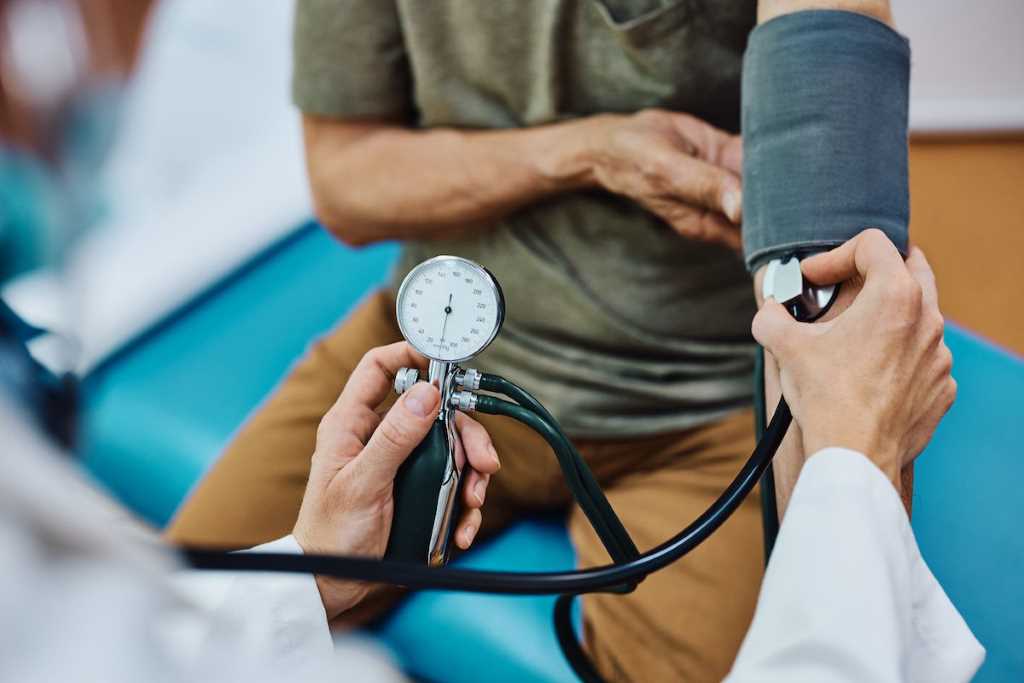Regular medical check-ups are a cornerstone of maintaining good health throughout one’s life. These routine visits help detect potential health issues early, ensure that existing conditions are managed effectively, and provide an opportunity for doctors to offer personalized advice on maintaining a healthy lifestyle. Understanding what to expect at different ages can empower individuals to take a proactive role in their health care. This article outlines the key aspects of regular check-ups across various life stages, providing valuable insights for those with some existing knowledge about healthcare.
Childhood (0-12 years)
Infants and Toddlers (0-3 years):
- Frequency: Infants typically need check-ups at birth, 2 weeks, and then at 2, 4, 6, 9, 12, 15, 18, 24, and 30 months.
- Focus Areas: Growth and development monitoring, immunizations, and early detection of congenital issues. Pediatricians assess milestones such as motor skills, language development, and social behaviors. Vaccinations against diseases like measles, mumps, rubella, and polio are crucial at this stage. Additionally, offering support as a telehealth nurse can help ensure that patients receive accurate information and timely care.
Preschool and School Age (4-12 years):
- Frequency: Annual check-ups.
- Focus Areas: Continued growth and development, vision and hearing tests, behavioral assessments, and booster vaccinations. This period involves monitoring the child’s progress in school, assessing their emotional well-being, and promoting healthy habits such as proper nutrition and physical activity.
Adolescence (13-18 years)
Frequency: Annual check-ups.
Focus Areas: Adolescents experience significant physical, emotional, and social changes. Regular check-ups focus on growth and puberty, mental health, and risk behaviors. Doctors screen for conditions like scoliosis and provide guidance on issues like sexual health, substance abuse, and mental health. Vaccinations, such as the HPV vaccine, are also administered during this period.
Early Adulthood (19-39 years)
Frequency: Every 1-3 years, depending on health status and risk factors.
Focus Areas: Early adulthood check-ups often focus on lifestyle factors that influence long-term health, including diet, exercise, and substance use. Screenings for blood pressure, cholesterol, and certain cancers (such as cervical cancer with Pap smears for women starting at age 21) become routine. Doctors also discuss reproductive health, offering contraception advice and screening for sexually transmitted infections (STIs).
Middle Adulthood (40-64 years)
Frequency: Annually, or as recommended based on health and risk factors.
Focus Areas: This stage often requires more intensive screening and preventive care. Common tests include mammograms starting at age 40, colonoscopies beginning at age 50, and prostate cancer screenings for men. Doctors also monitor for chronic conditions such as diabetes, heart disease, and osteoporosis. Lifestyle advice is tailored to mitigate age-related risks, emphasizing diet, physical activity, and mental health.
Older Adulthood (65+ years)
Frequency: Annual check-ups or more frequent visits for chronic conditions.
Focus Areas: Geriatric care focuses on managing multiple chronic conditions, preventing falls, and maintaining quality of life. Regular screenings for cognitive decline, hearing loss, and vision problems are essential. Vaccinations, including flu shots and shingles vaccines, are critical to prevent infections. Discussions about advanced care planning and long-term care options also become pertinent.
What to Expect During a Check-Up
Regardless of age, a comprehensive check-up typically includes several key components:
- Medical History Review: Updating information on personal and family medical history, medications, allergies, and lifestyle factors.
- Physical Examination: Assessing vital signs (blood pressure, heart rate, temperature), weight, and height. The doctor performs a physical exam tailored to age and gender-specific needs.
- Screenings and Tests: Based on age, sex, and risk factors, various screenings and tests are conducted. These may include blood tests, urine tests, imaging tests (such as X-rays or mammograms), and other diagnostic procedures.
- Preventive Measures: Administering vaccines and providing advice on lifestyle modifications to prevent disease.
- Discussion and Counseling: Discussing findings, answering questions, and offering guidance on managing health and wellness.
The Benefits of Regular Check-Ups
Early Detection and Prevention: Regular check-ups enable early detection of health issues, often before symptoms arise. Early intervention can significantly improve outcomes and, in some cases, prevent conditions from developing.
Management of Chronic Conditions: For those with existing health issues, regular visits help manage conditions effectively, adjusting treatments as necessary and preventing complications.
Personalized Health Advice: Check-ups provide an opportunity for personalized health advice based on individual risk factors and lifestyle. This can include nutrition, exercise, mental health, and preventive care strategies.
Building a Relationship with Your Doctor: Consistent visits help build a trusting relationship with your healthcare provider, making it easier to discuss concerns and make informed decisions about your health.
Conclusion
Regular check-ups are vital at every stage of life, adapting to the unique needs of each age group. By understanding what to expect and the importance of these visits, individuals can take proactive steps towards maintaining their health and well-being. Regardless of age, making regular check-ups a priority is a key component of a healthy lifestyle and long-term health maintenance.




